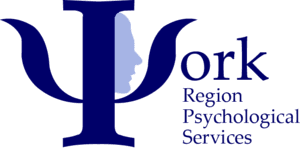Defining The Problem of Depression
Anxiety and depression are often confused. Anxious people may be worried about the future, though they don’t necessarily have negative thoughts about that future event; they are simply nervously anticipating it. Depressed people aren’t always worried about the future but may be saddened by something in the past or present. In either instance, the situation is negative to the sufferer.

Anxiety can be difficult to manage, but depression can be more severe. To state the obvious: depression is no fun. This can be more than just a temporary and relatively harmless sad feeling. If undiagnosed, the causes of that depression can lead to serious health complications. Depression is not always that bad nor is it uncommon.
Doctors estimate that two out of nine people will experience some form of depression during their lives. Although teenage and adult depression may look very different and have different adverse effects, experts almost universally recognise them as being very similar. In both situations, it is the case that the more depressed an individual gets, the more he or she withdraws from social contact. The most common and basic symptom of depression is sadness, though it also reveals itself in depressive symptoms, e.g. constant fear, dark thoughts, addiction to alcohol and drugs, stomach problems, nightmares and even thoughts of suicide.
How to Treat Depression
Symptoms of depression that are left untreated can lead to the worst case scenario: suicide. The treatment for depression is not a one size fits all. Doctors may prescribe medicine and there is a dizzying array of anti-depressant medications available. Sometimes they will prescribe some form of psychological counselling. Many doctors see a combination of both as always being very important. Whatever your professional physician prescribes, take him or her very seriously.
Depression Counselling
YRPS have therapists who are fully committed to tailoring a personalised treatment plan for any individual presenting with depression. Our treatment is typically CBT (Cognitive Behavioural Therapy) based and the intent is to enable you to recognise and address those symptoms and return to a healthy, managed lifestyle.




